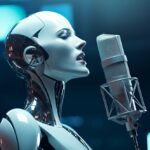
I’m Winejagati, a experienced writer and researcher with years of experience in marketing, stock market trading, and business analysis. Well-versed in technology and global affairs, I’m passionate about delivering clear, insightful content that helps readers stay informed and ahead of the curve.















